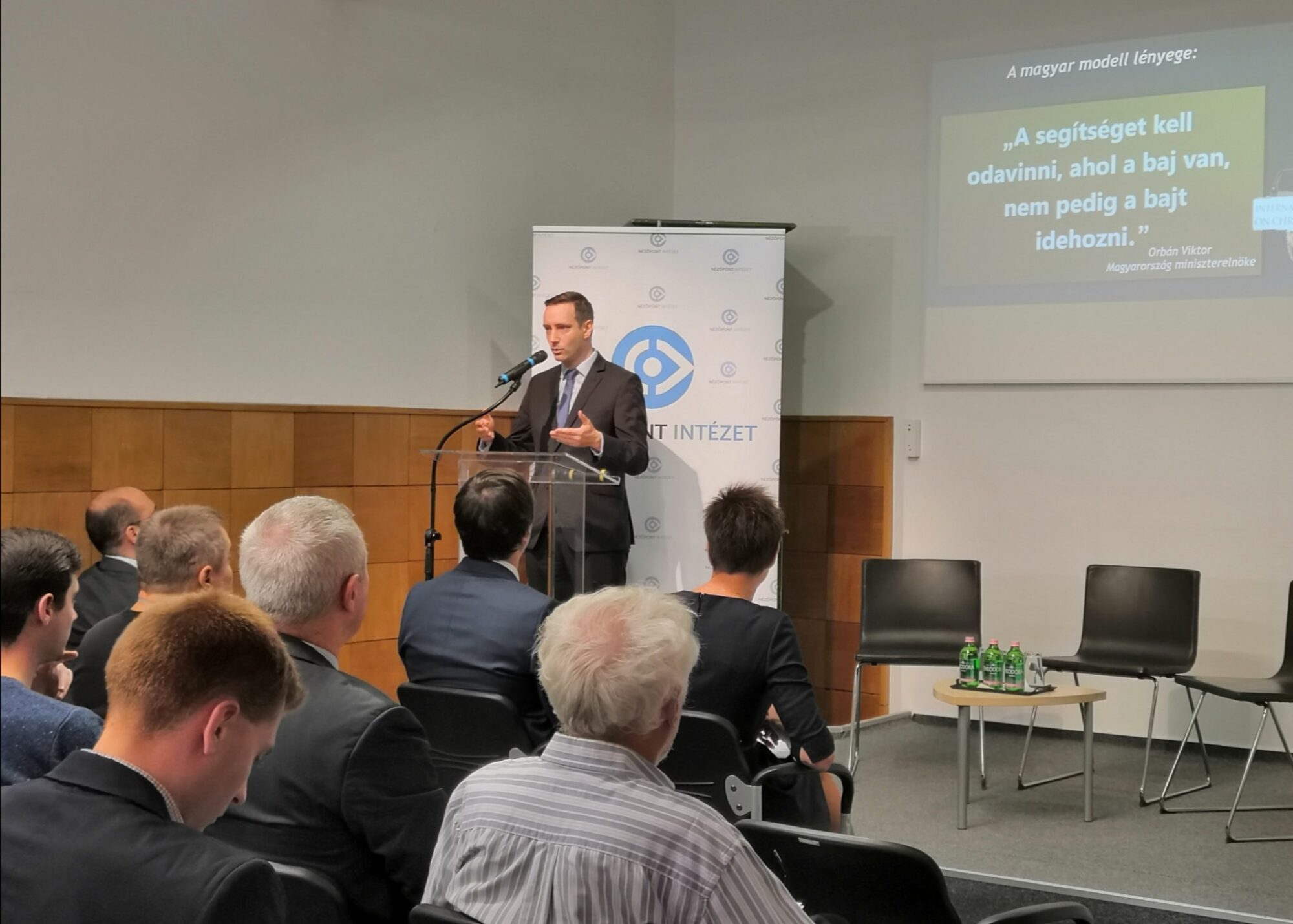65 per cent of Hungarians, that is more than 5 million people believe that the persecution of Christians is a serious concern, while only 22 per cent of the respondents (1,8 million) think the opposite – a recent national representative study of 2000 people shows. The survey was conducted by Nézőpot Institute on behalf of the Hungarian Prime Minister’s Office.
Since 2010 the Hungarian government has mobilised significant resources in order to offer humanitarian assistance to persecuted Christians in their homelands. The Hungary Helps program and the assistance to persecuted Christians is a mission that is highly valued in the Hungarian society. Indeed, 61 per cent of the respondents – which means 4,9 million people nationaly – agree with the help, and only 31 per cent (2,5 million) said that they oppose this support. This is most probably related to the fact that 65 per cent of Hungarians – more than 5 million citizens – believe that the persecution of Christians is a serious concern, while only 22 per cent (1,8 million) think the opposite.
The government’s actions to assist people in distress are considered a national issue by the Hungarians, as the majority in each group of the society agree with the governmental steps aimed against religious-based attacks. The national character of the matter is further strengthened by the finding that this opinion is independent from the political affiliation of the respondents. This means that 78 per cent of the governing party’s voters and 66 per cent of voters of the opposition parties agree with the main goal of Hungary Helps, which is taking help to where the trouble is. The idea of hosting refugees on moral grounds does not have wide support among Hungarians (4 per cent), and even the suggestion that the European states should not help these countries at all is more favoured (18 per cent).
Hungarians agree with the direction of the assistance as well. 73 per cent of the respondents think that taking help to where the trouble is would be the real solution for people living in distress. On the other hand, only 19 per cent say that it is not a problem when large numbers of residents of vulnerable countries are forced to leave their homeland.
Methodology
Nézőpont Institute conducted the poll between 8 and 27 of May 2019, including 2000 people with personal interviews. The sample is representative with citizens 18 or older, regarding sex, age, region, type of settlement and education. With the sample size of 2000 persons and confidence level of 95 per cent, the margin of error is 2,2 per cent.
